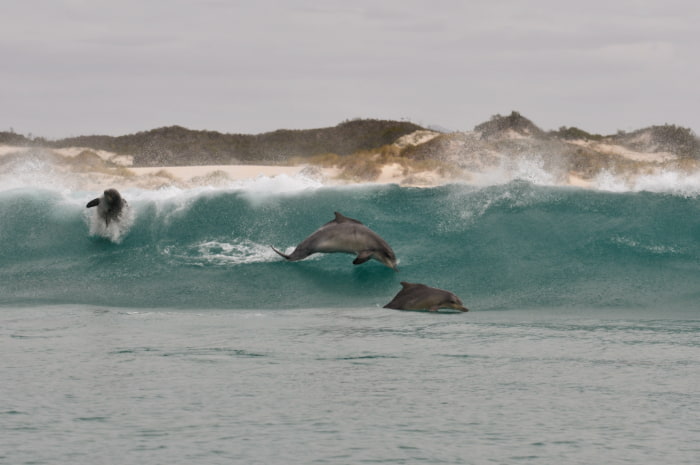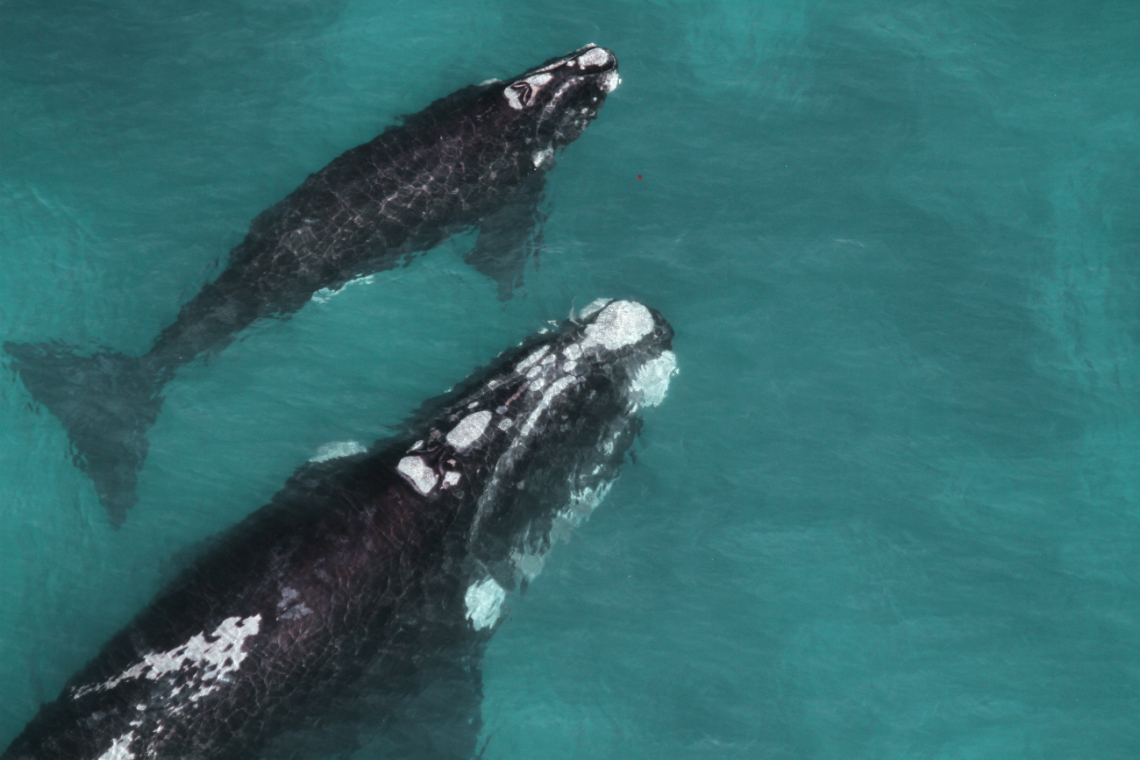It is a sad fact that some of the most awe-inspiring and beautiful creatures of the ocean, whales and dolphins, are currently the most vulnerable in terms of at risk of extinction. The global threat to these mammals has come to the forefront of issues which need to be addressed immediately amongst the scientific community. The cetacean populations of species are in grave danger of extinction, and something must be done about it. Cetacea is an infraorder comprising of 89 species of whales, dolphins, and porpoises.
About two-hundred and seventy cetacean experts have signed an open statement to bring to light the dangerous plight of these populations of species. Over half the living Cetacean species have an IUCN status worth taking concern over in terms of risks of extinction. This means that the anthropogenic activities are increasing, causing the demise of the cetacean species.
It has already been predicted that the Northern Atlantic right whale and the critically endangered vaquita in Mexico will soon vanish. The North Atlantic right whale has recently been listed as critically endangered by IUCN-International Union for the Conservation of Nature. IUCN has already classified the Chinese river dolphin as possibly extinct according to IUCN. 13 species are already listed as ‘Critically Endangered’ or ‘Endangered’. Seven species are listed as ‘Vulnerable’, and another seven are listed as ‘Near Threatened’. Twenty-four species are currently classified as ‘Data Deficient’. According to the collective statement, there is a high probability that these data deficient species are also in danger of extinction. There is not enough data available to make a clear assessment as per stated by the collective open statement.
The statement goes on to emphasize that such is a similar case for many other Cetacean species and populations where exact data is not available. In other words, it is stressed upon within the document that there is a great possibility that many other species are at risk of extinction. In addition, there are also approximately 32 subspecies and various other cetacean populations which are presently either Endangered or Critically Endangered. As per the ongoing research, the document also highlights how scientists are recognizing more populations of cetaceans that are discrete and require conservation action.

It has been deduced that anthropogenic activities are the leading cause of these extinctions. This has also been highlighted in the open statement issued by renowned expert scientists in this field. These populations are adversely affected by many various human activities which include chemical and noise pollution, habitat degradation, climate change, ship strikes, entanglement in fishing gear and incidental take in fishing operations. Incidental takes in fishing operations is thought to be one of the most common threats to the Cetacean species.
The collective open statement issued by 270 scientists is the first of its kind and is done so that the issues and risks in respect to the cetacean species are highlighted. It states the plight of the species and outlines the extinction risks of species which have been explained above. More importantly, the statement encourages various countries with cetaceans in their waters to take precautionary actions to ensure these species and populations are adequately protected from human activities. This includes implementing appropriate and fully resourced monitoring to appropriately address sea activities which could be harmful to the Cetacean populations. It is also pressed upon that international bodies should ban together to address the various threats to prevent the extinction of these populations. For example, the International Whaling Commission and the Convention for the Conservation of Migratory Species of Wild Animals, both generate important conservation initiatives which can extend to these at-risk species. Regional fishing bodies also have the potential to address fishing-related threats.
These species are essential for the health of our seas, oceans and, in some cases, major river systems. The Cetaceans play a crucial role in the maintenance of productive aquatic ecosystems, which are vital for our survival as well.
This historical and first of its kind statement was coordinated by Mark Simmonds OBE. He is a visiting research fellow at the University of Bristol and the senior marine scientist with Humane Society International. Simmonds has stated that this historic and unprecedented statement from experts across the world came about after many discussions amongst the Scientific Committee of the International Whaling Commission in which it became apparent that the marine researchers were quite worried in respect to the status of cetacean populations known to be at risk.
A consensus was reached that it was time to learn from the past and prevent these key animals from going into extinction. By the time a species is nearing extinction, it is usually too late to save them. Prevention is better than cure, so everyone from regulators to scientists to politicians and even the general public to work to prevent these animals from nearing extinction. This statement should be shared far and wide amongst all stakeholders so that the relevant and necessary policies, as well as regulations, can be implemented to prevent further harm to the Cetaceans. Find the call from the mammal research institute here.
Shop for a cause
Shop on amazon.com | amazon.co.uk


